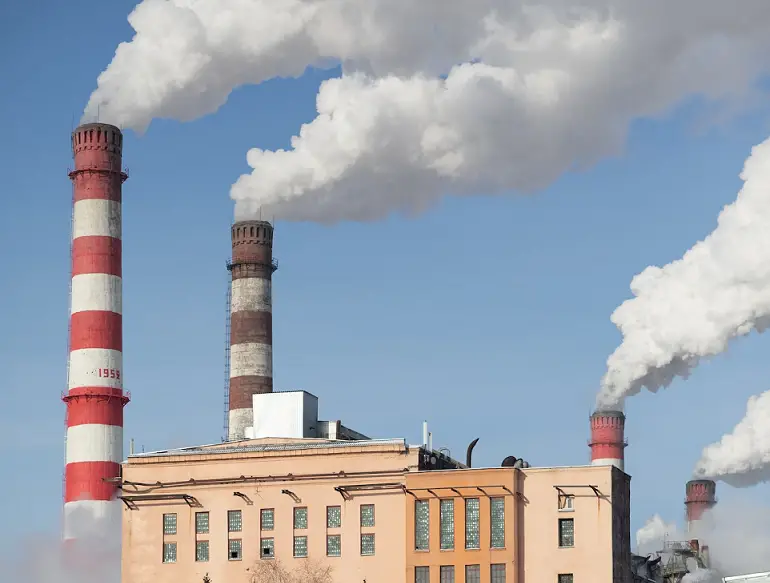In a press release, the German Ministry for Economic Affairs and Climate Action (BMWi) has announced the government will reactivate a series of shuttered coal plants during the upcoming heating season in an effort to reduce the nation’s need for gas, and to help prevent power supply shortages during the upcoming heating season.
In the release, the ministry said that the government issued an order on Wednesday which will allow the nation’s biggest power producer, RWE, to reopen two coal blocks at the Niederaussem plant, as well as an additional block at the Neurath plant which will add additional electrical supplies to the nation’s power grid. The same order authorizes the nation’s second largest energy producer, LEAG to reactivate 2 blocks at its Jaenschwalde coal plant.
Last winter all of the facilities had been operational, however they were returned to standby status by mid-summer. The order will go into effect on Thursday, and will maintain the coal facilities fully operational until March of 2024. In a separate decision, it has been reported that the government has been considering extending the operation of two RWE coal units at the Neurath plant until the spring of 2025.
The ministry stated the decision was a “precautionary hedging instrument for the coming winter.”
The press release from the ministry said, “The supply reserve will be reactivated in order to save gas in electricity generation and thereby prevent gas supply bottlenecks in the 2023/2024 heating season,” adding the decision will have no bearing on the nation’s goal of phasing out all coal usage by 2030, or any other climate-related goals.
The ministry also noted it will take account of the additional carbon emissions produced by the plant activations, and enact compensatory measures beginning next summer.
The country’s return to coal usage was driven by fears that the nation might see a repeat of the energy crisis of last year, when there was a sudden, sharp drop-off in the supplies of cheap pipeline gas from Russia, following maintenance failures due to an inability to acquire replacement parts as a result of Western sanctions on Russia, as well as sabotage attacks on the Nord Stream 1 and Nord Stream 2 pipelines, which brought all deliveries through those lines to a halt.
Berlin had relied on Russia for roughly 40% of its natural gas imports prior to 2022, and was among the hardest hit when the EU saw Russian deliveries constrained as a result of the Ukraine-related sanctions imposed on Moscow.
Although Germany has since taken steps to find alternative supplies of gas, and lower its national energy consumption, analysts continue to warn of lingering threats of shortages to the economy. A report recently released by the German gas storage operators group INES, asserted the nation will continue to face the threat of gas shortages through the winter of 2026-2027, unless the government invests in additional fuel infrastructure, storage capacity, and pipeline connections.
Analysts also warned Germany’s energy security was further threatened by the shutdown in April of this year, of the nation’s last three nuclear power plants.


